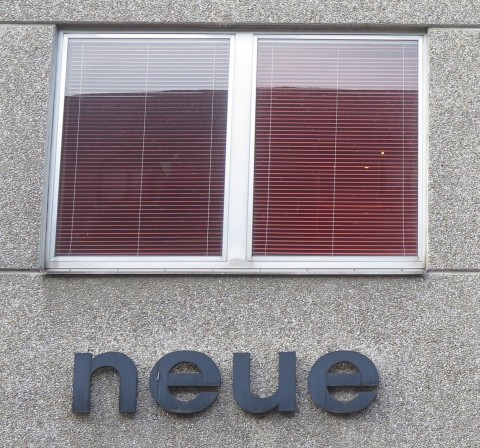Open Peer Review on Hawass? Engaging with texts and critique collaboratively

In a recent online seminar („webinar“) the idea, as well as tools and practices of Open Peer Review were discussed as part of the Wikimedia Fellowship „Freies Wissen“. The up to now „normal“ procedure is that academic peers review anonymously articles for scholarly publications — anonymity already being one of the illusions of this procedure, since in many specialized fields, one knows the 3, 4, 5 others working on that topic are well known to the author.
In the webinar, speakers seemed to be focused on papers for journals. And in fact, many tools seem to mirror a journal based way of thinking and working. This does reflect scholarly life in natural sciences, not so in humanities where papers are absolutely still being written as contributions to books, too (author’s note: an entry on the differences between natural sciences and humanities, between working qualitatively and quantitatively, between x and y when it comes to Open Science has to be written at some point). However, the standard review procedure with the aim of guaranteeing quality is the same.
Thoughts on the problematic character of that very course of review had appeared to me earlier, especially during my work as an assistant in editing a collected volume. Apart from the already mentioned quasi non-anonymity in many cases, the tone chosen by the critic is sometimes not what I would call productive. But I didn’t come up with the idea of a new procedure, something like Open Peer Review. My idea rather was, that I would like a more concrete feedback on my work — more than „I liked you article“, I was looking for „This very point, I found inspiring/problematic/worth exploring more. Let me tell you my ideas“. What contributed its share, is the fact that chances for debates going into argument and wording details become rare as soon as not being part of seminar life anymore. There are not many opportunities for researchers (I dare to generalize) to interactively and intensely engage with good or bad academic writing. Conferences, which I long time believed to be the place for that often are a disappointment. Where is the space to revive debates on texts as I know them from philosophy, Islamic studies or grad school classes? And once writing has left student level behind — most likely after the painful path of dissertation writing — and one has developed an own style, attitude, approach, this would be useful even more. I admit that I have a clear preference for the real life, personal way of debating text. I want to see and hear the person. And I also believe that the direct and repeated interaction between two minds can reach a quality over time that no Open Science tool can beat. Still, since this is not always possible, I wish to explore other ways (note: what about opening a two-people-personal-debate-culture just like postum published letter exchanges between researchers?). Other ways will open new, unknown chances and manners of matching minds, I am sure.
What has all this to do with this very website you are on? The webinar made me think in how far „Hawass“ will be part of the Open Peer Review experiment going on right now, once users will be able to contribute their remarks, ideas and completions here. On Hawass 2.0, there will be two ways to engage with the existing content. First, users will have the chance to write comments as we know it from many websites. The comment function holds the danger of non productive critic tending towards offenses as can be seen on youtube as well as on high end journalism sites. And which is just part of the critic on non-open review processes. In that case, I will be the one to decide what to allow or not in order not to hurt rules of good debate or feelings or even get into legal problems. This process will be demanding probably and needs to be as transparent as possible, I realized after the webinar. The second possibility to engage with existing content on Hawass will be for users to write articles themselves, not necessarily as a direct response but in connection to existing texts and images. All articles will be tagged and visualized in their connection to each other. And by this, the concept says, new knowledge will be generated in a constructive and collaborative way. I am very much looking forward to this experiment, since it might be a way to open deep debates and bring together people with similar ways of thinking, similar interests, who would not have met otherwise.
- Author : Alina Kokoschka| © Alina Kokoschka
- Date :14/12/2017
- License :Creative Commons Attribution-ShareAlike 4.0 International License
- Link :http://hawass.org/image/572